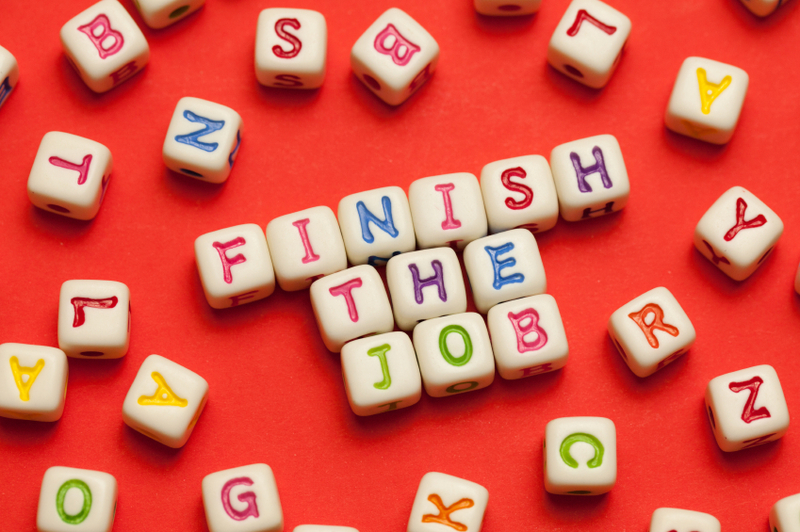Let's Talk About... Good Math Reads!

Congratulations! You've made it through the year! Summertime is not only a great opportunity to relax, but it's also a perfect time for reflection on the year that has passed, and look forward to the year ahead.
Reading is one of my favorite summertime activities, and I'm sure I'm not alone. During the hustle and bustle of the school year, I find it difficult to squeeze in as much reading as I'd like, especially professional reading. But summer? I have the opportunity to not only read, but I also have the time to ponder and think about how to apply the ideas I love to my upcoming school year. If you are looking for some professional reading to do in the field of mathematics this summer, here are some suggestions for you! The titles are all linked to the book on Amazon, in case you're feeling inspired.
Number Talks- Whole Number Computation
This is the original Number Talks book, which is great. I found the one above more practical to use, but this book comes with a DVD which is helpful. It gives suggestions for how to have specific number talks in the K-2 classroom and in the 3-5 classroom. The great thing is that once you get the strategy down on structuring number talks, you can use any curriculum or student misconception to conduct a number talk with your class. There is also one specifically on Fractions, Decimals, and Percentages which sounds like it would be great for upper grade teachers.
This is a great read for teachers of grades 4-10 on conducting number talks. It is broken down into sections on each of the four operations as well as fractions, and has several chapters on practical advice as well. Within each section there are methods and strategies for solving problems, and examples to use to start the Number Talk on a specific solution strategy. This would also dovetail with the strategies taught in our curriculum, or any misconceptions that your students may have that you'd like to correct.
 Beyond Pizzas and Pies
Beyond Pizzas and PiesIf you teach grades 3-5, and your students typically struggle with fractions, this is the read for you! It addresses many fraction misconceptions that students have and how to correct them. The strategies presented can be utilized in an intervention format or in addition to your regular math curriculum.
 Minds on Mathematics
Minds on MathematicsThis is a great book if you're looking to implement a Math Workshop model in your upper grade classroom, as this is geared for grades 4-8. It talks about what the workshop looks like and how to set it up, then gives practical and in-depth advice about how it should be structured to gain maximum student learning.

Math Matters
Not a true 'summer read' but this book is great reference material. It is great for anyone who teaches math in grades K-8. It will build in the background, conceptual knowledge that you may feel like you are missing when it comes to implementing any math standard or curriculum. Keep this one in the classroom, you'll use it a lot!

 I hope you check one or more of these out and give them a read over the summer or during the next school year. My summer reads include What's Math Got To Do With It? by Jo Boaler, and Mathematical Mindsets, also by Jo Boaler. If you'd love to discuss any of the books listed above, I'm happy to talk about them with you. I hope you have a wonderful, relaxing summer, and come back in August rejuvenated and ready to inspire a new group of students. Happy Reading!
I hope you check one or more of these out and give them a read over the summer or during the next school year. My summer reads include What's Math Got To Do With It? by Jo Boaler, and Mathematical Mindsets, also by Jo Boaler. If you'd love to discuss any of the books listed above, I'm happy to talk about them with you. I hope you have a wonderful, relaxing summer, and come back in August rejuvenated and ready to inspire a new group of students. Happy Reading!
Mathematically yours,
Sabrina Blake
sabrina.blake@omsd.net





